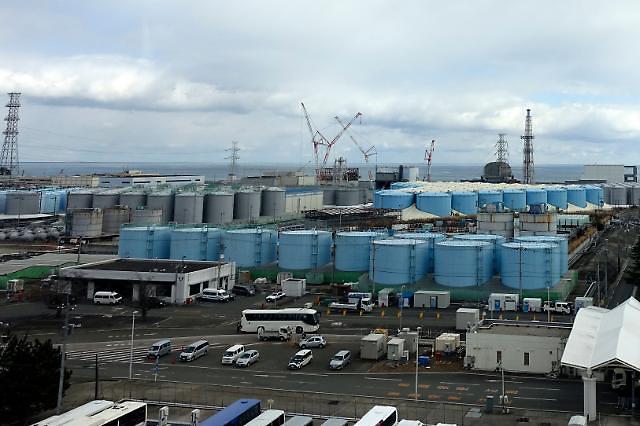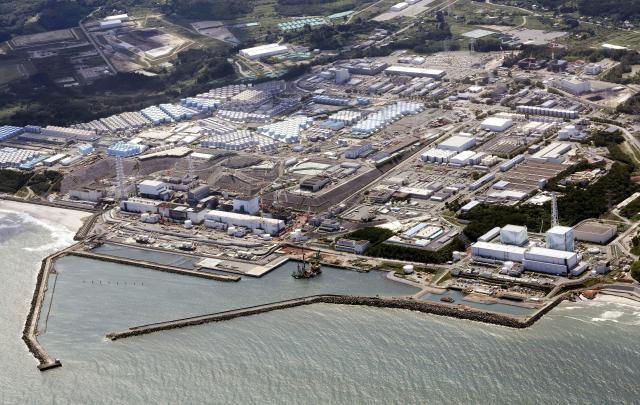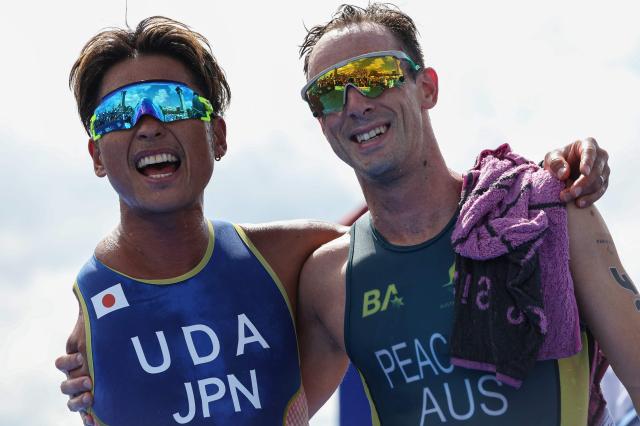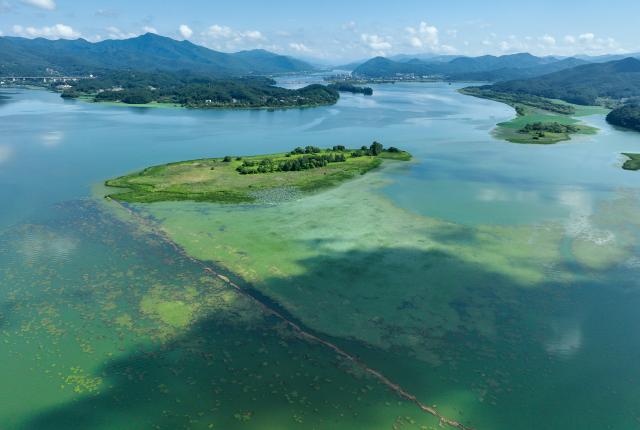
The contaminated water, referred to as "treated water" by Japan, is subterranean water that came in contact with Fukushima's reactor that was melted down and has not yet been retrieved. The water is collected and treated through a process described as the advanced liquid-processing system (ALPS) and stored in more than 1,000 stainless steel canisters on the abandoned nuclear power plant site.
The water that was used as a coolant for the reactor contains radioactive elements including cesium-137, strontium-90, hydrogen-3 known as tritium, and iodine-131. The ALPS process removes 62 of the 64 radioactive elements to bring the concentration level of radionuclides below Japan's regulatory limits set in 2022. The ALPS process does not remove carbon-14 and tritium.
Japan's Prime Minister Fumio Kishida attended an administrative meeting regarding the discharge of contaminated water on August 22 and said he expects the discharge will begin on August 24 if there is no obstacle such as bad weather. Kishida added he thinks that there is a growing international understanding and support from a wide range of regions and countries based on the scientific evidence of the International Atomic Energy Agency (IAEA). The Japanese prime minister said he believes that the atmosphere for discharging contaminated water is being formed.
According to Tokyo, contaminated water stored in metal canisters will be treated using the ALPS facility and discharged into the sea near Fukushima after it is diluted with seawater. According to Tokyo Electric Power Company (TEPCO), about 31,200 tons of contaminated water will be discharged into the ocean by March 2024. The amount would be about 2.3 percent of some 1.33 million tons of water collected in Fukushima.
Despite some 80 percent of South Korean people opposing Japan's decision to discharge contaminated water into the ocean, South Korea's Yoon Suk-yeol administration repeatedly said it respects the neighboring country's decision. The approval for the discharge of contaminants came from the ruling People's Power Party (PPP) two years after it strongly opposed Tokyo's decision two years ago when PPP was an opposing party.
While voices of complaint over the release of treated water in Fukushima are rising in South Korea and China, the International Atomic Energy Agency (IAEA) said on July 4 the nuclear energy body of the United Nations system analyzed water samples and concluded: "Japan's plans to release treated water stored at the Fukushima Daiichi nuclear power station into the sea are consistent with IAEA Safety Standards."
However, many people are looking at IAEA's report with suspicious eyes as various South Korean media reported in June citing anonymous sources including a source using an alias called "Jorseti", that Japan provided "political donations" of more than one million euros to settle unmatched opinions in the Japanese government, the IAEA, and third-party experts.
South Korean media outlets reported citing Jorseti, described as a Japanese interior ministry senior official, that IAEA's conclusion of its final report was decided from the beginning in favor of the Japanese government so that it could carry out its water release plans. After the release of reports that accused the Japanese government of providing bribes to the IAEA, Tokyo released a statement on June 22 and said the reports were "groundless" and "the Japanese government strongly opposes such irresponsible dissemination of false information."




